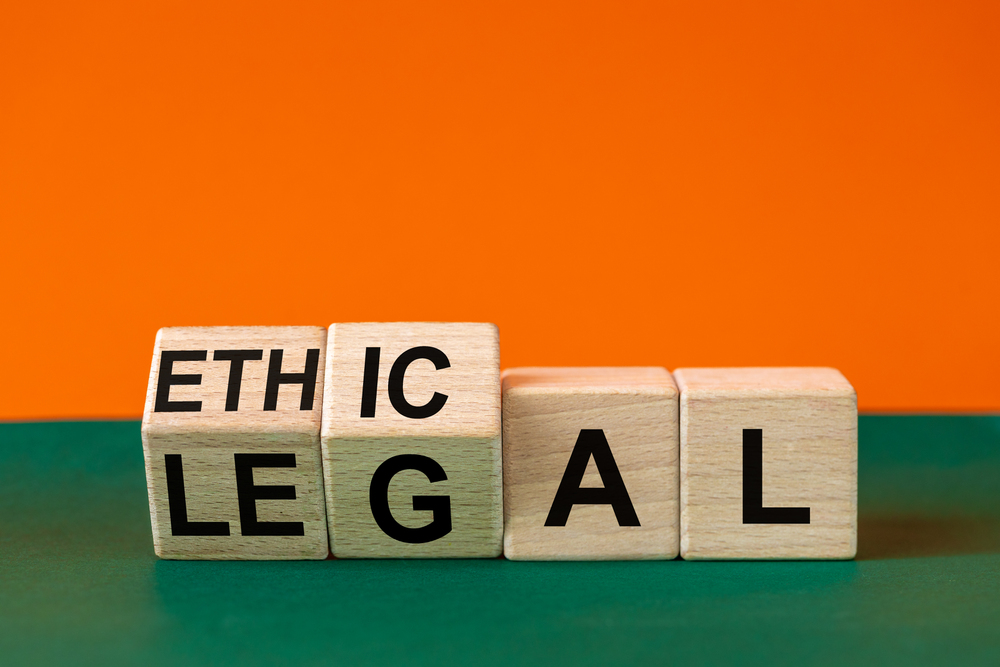Europe reveals child online safety plans
25 May 2012

The European Commission (EC) has announced a new strategy to make the internet safer for children. Apple, BSkyB, Facebook, Google, Microsoft and Vodafone are among the companies that have signed up to the initiative. The aim is to create better online content for children and teenagers and ensure that they are protected from inappropriate, harmful and dangerous material.
Children and the internet
While the internet was originally designed for adults, 75% of children use the internet today, with a third of them accessing it from mobile devices. This increases the risk of children coming across inappropriate content, especially as many filters and control systems are almost non-existent in the mobile apps sector.
The EC also points out that there isn’t enough high-quality online content aimed at children. Children have not been recognised as an audience worth investing in. The EC wants to see creative and educational content that will stimulate children’s imagination and give them a positive online experience.
The need for Europe-wide rules
Currently, each Member State has its own rules regarding the online safety of children. They have developed different policies on, for example, parental controls, content rating and reporting harmful and illegal content. This also creates hurdles for businesses looking to market child-friendly products and services across Europe.
The EC believes that a uniform set of rules will improve online safety and help companies aiming services at children. It proposes
self-regulation as the most flexible framework for achieving real results.
A safe environment online for children
Member States, industry and the EC will all work together to improve the protection of the internet for children without losing its many benefits. The EC has asked the industry to create a system that can identify children to ensure they don’t accidentally access inappropriate sites or content. Other measures include the wider availability and use of parental controls, a wider use of age rating and content classification and protection for children from targeted advertising online.
The EC want to see faster and more systematic identification and take down of child sex abuse material and cooperation of all parties involved in the investigation across international borders.
Awareness and empowerment
Children need to develop their digital and media skills and schools should be involved in teaching online safety. Good online practices should be shared and simple and robust reporting tools need to be developed to help children deal with risks such as cyber-bullying or grooming.
The EC will publish more details of the authentication scheme on 30 May 2012.
Contact, Janine Paterson, 020 7291 3360.



Please login to comment.
Comments